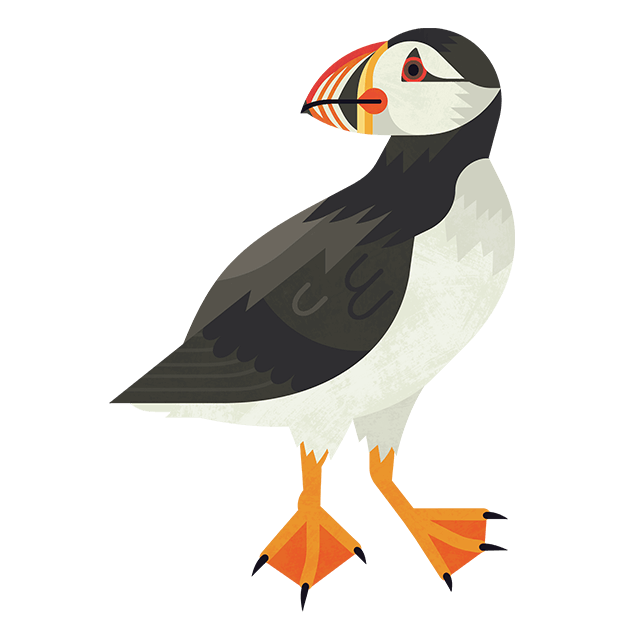
Dedicated dads: Four ocean fathers that deserve some love
Being a dad is a magical experience, but a lot of sea creatures do not share this sentiment. This Father’s Day, we’re celebrating four ocean species where the dads play an active role in parenting and caring for their offspring.
Emperor Penguin
After laying an egg, an exhausted emperor penguin mother hands over care to the father. She promptly returns to sea, where she’ll stay for two months to build back the fat reserves she lost while producing the egg. While she recuperates, the dad takes over, holding the egg on top of his feet against his brood patch: a patch of skin without any feathers. His loose skin and feathers engulf the egg, keeping it warm until it hatches. Cosy!

Credit: Danita Delimont via Shutterstock
After more than sixty days, the chick will hatch, often emerging before the female penguin returns. As they await her, the father feeds his chick ‘crop milk’, a thick liquid produced in the oesophagus. Once the mother is back with her young, she takes over the feeding, regurgitating partially digested fish, and the father leaves to spend time at sea. Peace, at last!
From the time male emperor penguins arrive at the colony to breed, right the way up until the egg has hatched and the mother returns to feed, many emperor penguin fathers don’t eat a thing. Over this roughly four-month period, the male’s weight may drop by over 50%. Now that’s a dedicated dad.
Seahorse
Seahorses are one of the best-known examples of active fathers in the animal kingdom. After the female seahorse produces her eggs, she deposits them into a ‘brooding pouch’ in her mate's body. The eggs are then fertilised by the male, forming embryos which will eventually become baby seahorses, or ‘fry’.

Credit: Georgie Bull
The male’s brooding pouch essentially functions as an incubator, providing the embryos with a controlled environment to grow. During the seahorse’s pregnancy, his pouch adapts to better support the embryos, much like the way a uterus does in pregnant mammals. Once the embryos hatch, the male contracts his muscles to expel them into the sea. Most seahorse species will release 100 to 1,000 young, but smaller species might produce as few as five babies!
Clownfish
We couldn’t write about ocean fathers without mentioning the clownfish (also known as the anemonefish). Just like Marlin in Finding Nemo, clownfish are doting fathers. After the female lays a clutch of eggs, male clownfish fertilise them and take on the lion’s share of the work. They guard the eggs for six to ten days, fanning them with their fins. This is a crucial part of successful development, as it helps oxygenate the eggs and remove waste from the nest site.

Credit: Shutterstock | sirtravelalot
Perhaps most interestingly, clownfish dads can become mums, too! If the dominant female dies, the largest breeding male will change its sex, becoming female. The largest juvenile clownfish in the colony (which usually consists of a reproductive male, a reproductive female, and several male juveniles) then undergoes rapid growth to become the new breeding male. A scientifically accurate version of Finding Nemo would look very different...
Lumpsucker
The lumpsucker’s name is very apt: their pelvic fins have evolved into adhesive discs, or suckers, which they use to cling onto rocks. Take one look at these fish, and you’ll understand where the ‘lump’ part of their name comes from. Now that’s a face only a mother (or father) could love.

Credit: Kirsty Andrews
When lumpsuckers are ready to breed, they head for the shallows. The mother lays her eggs before heading back to deeper water, leaving the father to wait with the eggs until they hatch. Under his watch, the father guards his eggs from predators and uses his tail to keep them oxygenated.
Celebrate Father’s Day in the ocean and beyond
Whether you’re a penguin, a seahorse, a clownfish, a lumpsucker, or even a human, parenting is hard work! If the father figure in your life is an ocean lover, why not gift them a Marine Conservation Society membership? It will enable them to join a community of ocean lovers and will help fund vital work to protect our beautiful seas.


